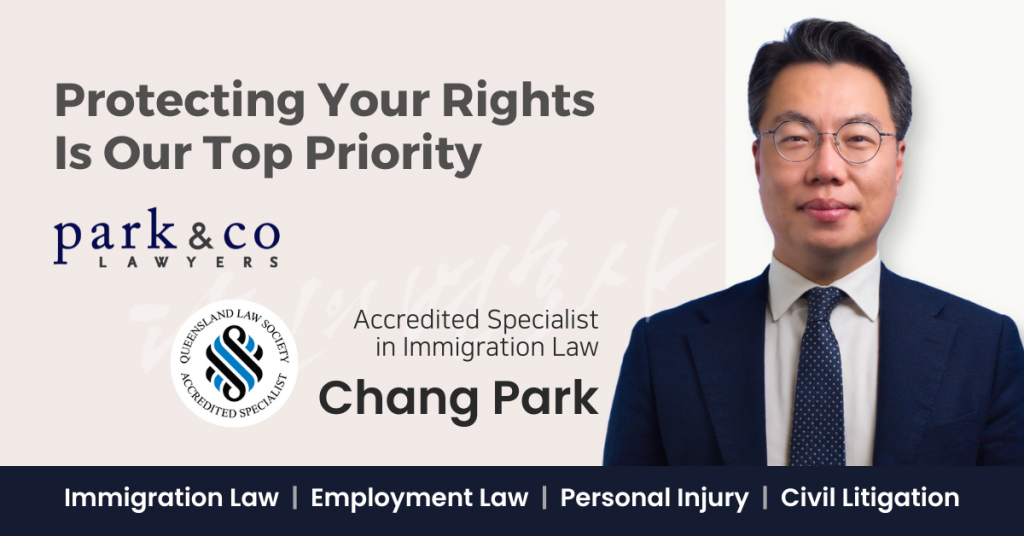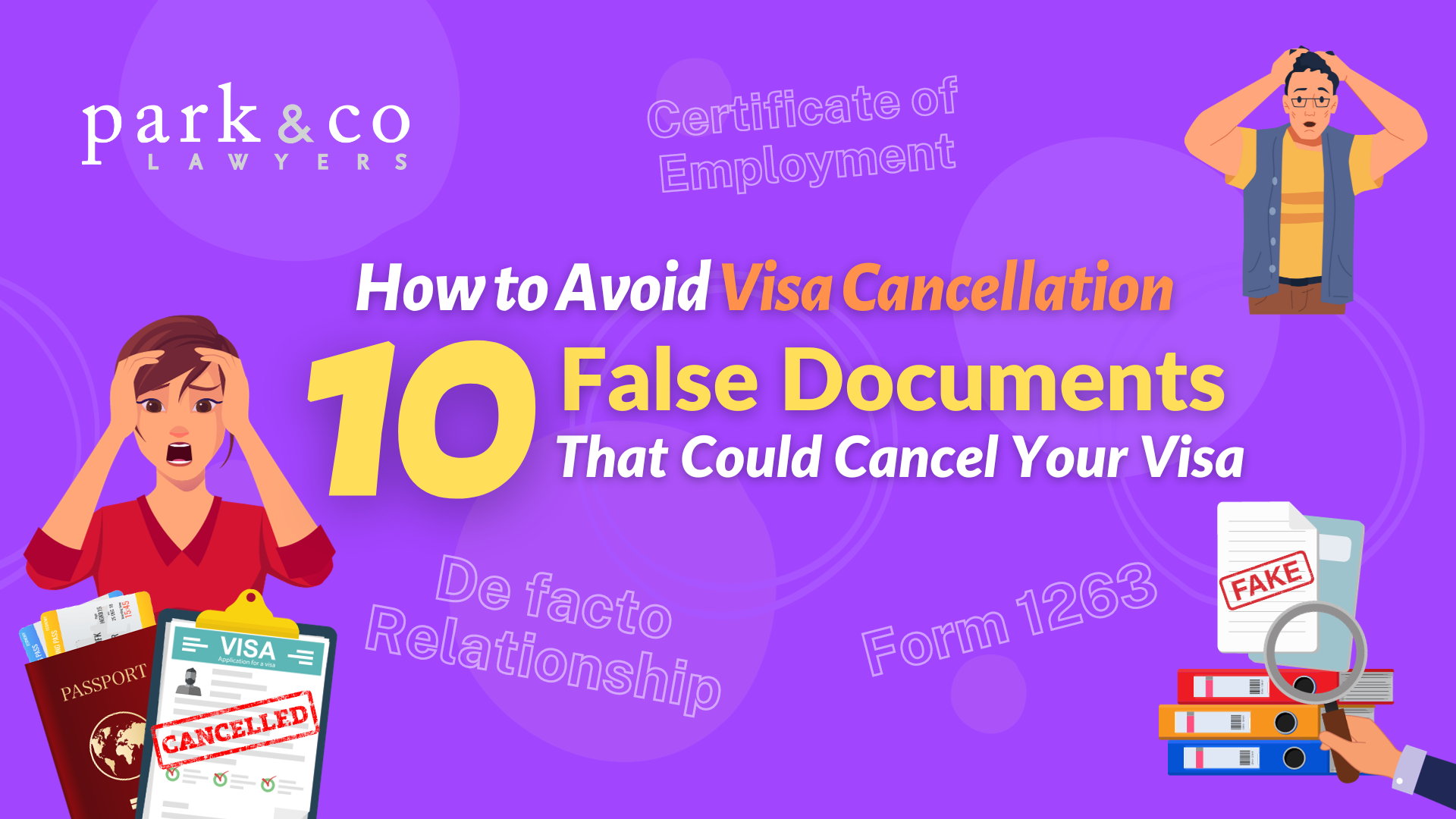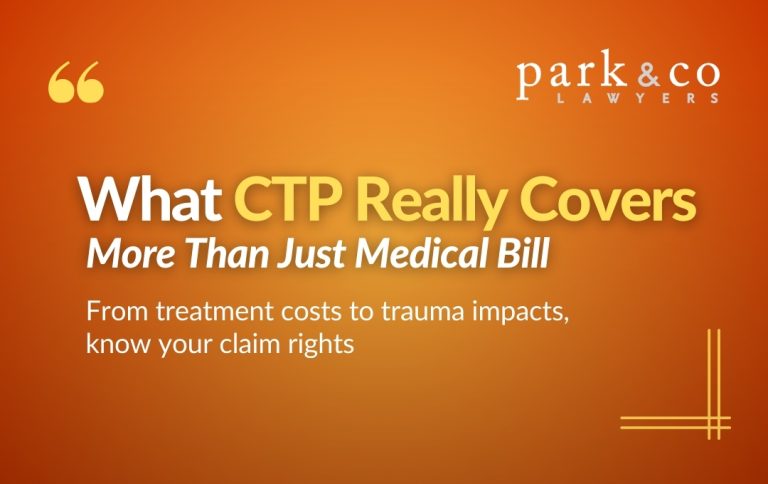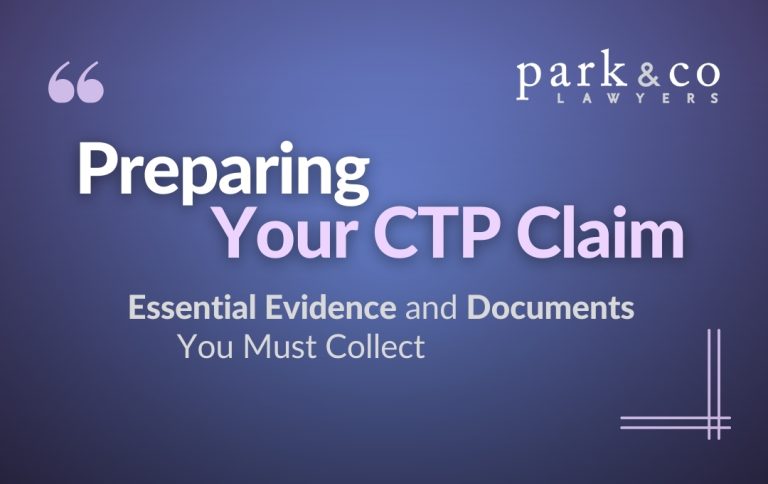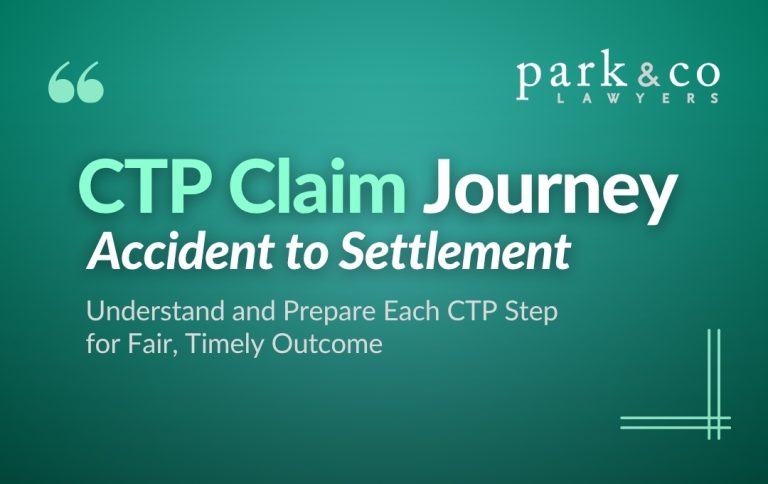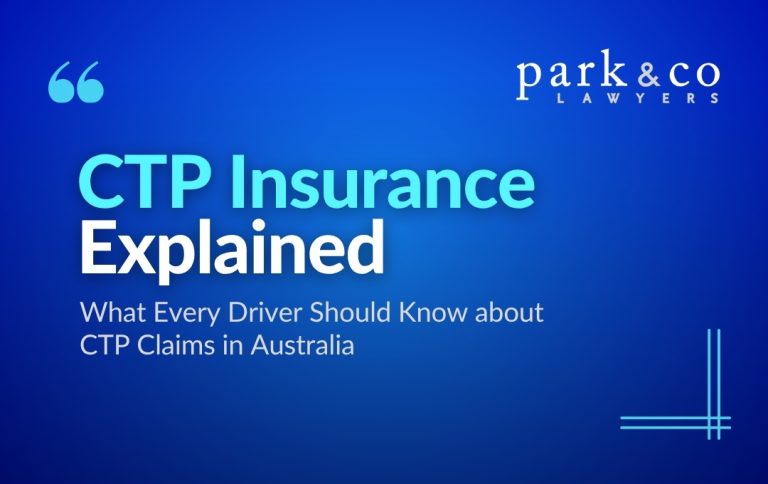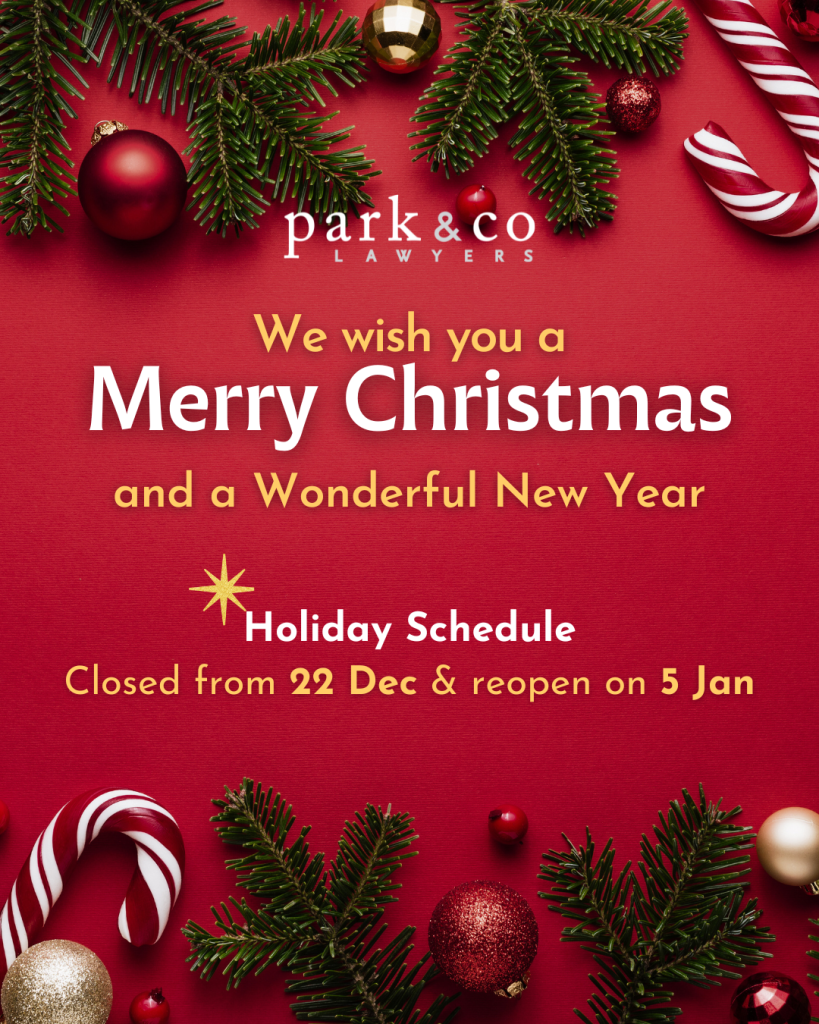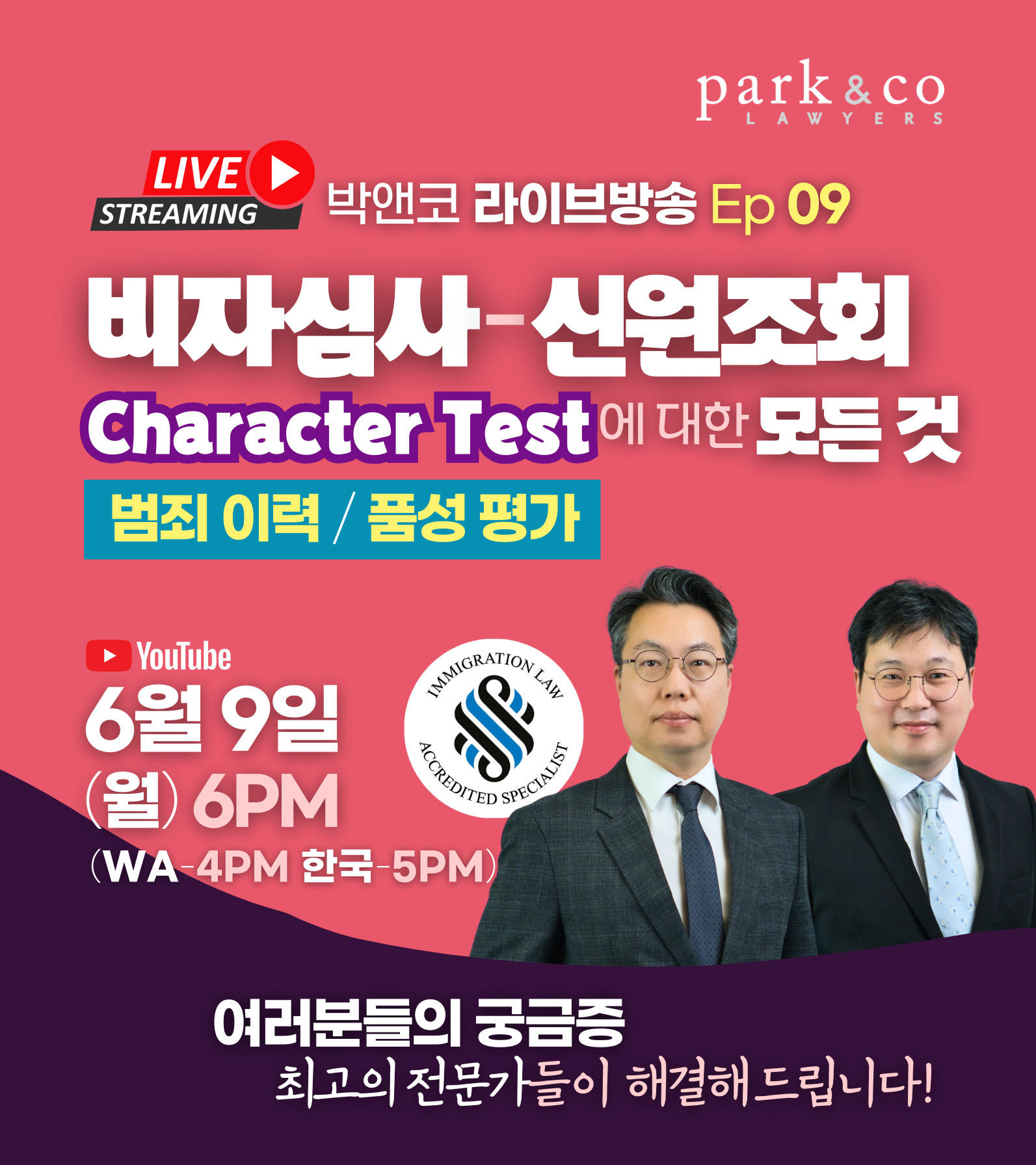10 False Documents That Could Cancel Your Visa
How to Avoid Visa Cancellation
Australian immigration law refers to false or fake documents as bogus documents and it is defined in Section 5 of the Migration Act 1958 as follows:
About a person, a document that the Minister reasonably suspects is a document that:
a) purports to have been, but was not, issued in respect of the person; or
b) is counterfeit or has been altered by a person who does not have authority to do so; or
c) was obtained because of a false or misleading statement, whether or not made knowingly.
1. False Completion of Form 1263 for Second Working Holiday Visa
Form 1263 (Employment Verification) is a document required for the application of a second Working Holiday visa. It is a document in which the employer confirms that the applicant has completed designated work in a regional area for a period of at least three months. Falsifying this document can take various forms. This includes instances where someone other than the farm owner arbitrarily fills out the form, or when someone impersonates the applicant to perform the work and obtain the form. There are even cases where meticulous preparation, including detailed banking records under the applicant’s name, is done to provide evidence of residence in the specific area. However, if a report is filed or if the applicant fails to provide accurate answers to unexpected questions during airport immigration checks, there is a frequent activation of visa cancellation authority based on past false information. Therefore, to obtain a second Working Holiday visa, it is advisable to adhere to the proper procedure of working in a designated regional area for a minimum of three months and applying for the Working Holiday visa in a legitimate manner.
2. False Statements Related to Single Status
Due to the advantage of receiving an additional 10 points in the skilled migration points calculation for being single, many individuals often hide their de facto relationships and opt for the single status to obtain a visa. They believe that they can later sponsor their de facto partner for a spouse visa. However, this clearly falls under the category of providing ‘false information’. Not only does it cause issues in the later application process for a partner visa, but during the course of one’s skilled migration visa application, the existence of a de facto partner in past application records will be cross-verified. Therefore, this kind of thinking is not only ethically incorrect, but it also puts one’s visa in a very precarious situation.
3. Forgery of Work Experience Certificates
Although work experience in the relevant field is a crucial requirement in visa assessment, there is no standardized format for officially proving it. Consequently, there are many cases where individuals forge or alter the contents of documents such as work experience certificates or recommendation letters during the process of obtaining them. Common types of falsifications include 1) extending the duration of work experience, 2) arbitrarily changing the position title, and 3) obtaining work experience certificates from companies one has never worked for. However, it’s important to note that the Australian immigration authorities conduct frequent verifications through phone calls regarding the submitted work experience details during the visa assessment process. Therefore, falsifying work experience should be avoided as it may lead to serious consequences.
4. Forgery of Payslips
During employment with an Australian company, unfortunately, there may be cases where the job title is inaccurately stated on payslips due to the employer’s lax accounting and administrative practices. However, manipulating the contents of payslips to receive recognition for work experience is not a viable solution and rectifying the consequences of such actions can be extremely difficult. It’s important to remember that forgery and manipulation remain clear and undeniable facts, regardless of the circumstances.
5. Proxy for English Proficiency Exams
There have been instances where people took advantage of the difficulty in distinguishing the physical appearances of different ethnicities to use proxies for English exams. These attempts still occur in secret to some extent. However, now, when taking English exams, comparing the submitted photo with the passport photo is possible through advanced computer technology. Therefore, it can be said that most of these attempts are detected and exposed.
6. Name Change and Passport Reissue
Unfortunately, many Koreans are not entirely free from this issue. Some individuals, after changing their name and obtaining a new passport, apply for a new Working Holiday visa, falsely stating that they have never used a Working Holiday visa before. In this process, two false acts occur: not disclosing the name change and falsely claiming to have never used a Working Holiday visa. Even if one accumulates experience, and obtains sponsorship, the visa can be cancelled due to previous false statements. This even applies to individuals who have obtained permanent residency.
7. Manipulation of Bank Account Statements
During the process of applying for visas like student visas or business visas, there are cases where individuals are required to submit bank statements to prove their financial status. In this process, a common example of dishonesty is obtaining a balance statement by temporarily borrowing funds from someone else, rather than using one’s own assets, and submitting it as proof of balance.
8. Forgery of University Graduation Certificates
It is a fact that there have been frequent cases of forgery of university diplomas among individuals from certain countries, driven by the misconception that holders of bachelor’s degrees receive additional points in the skilled migration score calculation and that verifying the authenticity of diplomas issued by foreign universities would be difficult. However, it is important to keep in mind that the ethical implications of such actions can lead to extremely serious consequences.
9. Manipulation and Forgery of De Facto Relationships
In the mid-2010s, it became widely known that certain immigrant community media in specific countries openly advertised services to include de facto partners in visa applications for primary applicants, with the promise of facilitating permanent residency. Brokers openly engaged in this practice, and it even became so prevalent that there was a term for it, referred to as the “going rate.” However, it is worth noting that the Australian immigration authorities’ digital forensics team extensively scrutinizes all past documents and conducts thorough investigations into the authenticity of documents submitted as evidence of a de facto relationship. This includes verifying if any manipulation or forgery has occurred. As a result, individuals involved in such activities may likely find it difficult to sleep soundly at night, as their residency status could be at risk of cancellation.
10. Omission of Previous Marriages and Children
Occasionally, we come across cases where individuals omit their past marital history and information about their children. This could be due to various reasons – perhaps they didn’t want to disclose their previous marital history to their current spouse, or they needed to meet the requirements of the balance of family test in the parent sponsorship process. It could also be an attempt to hide children who may face challenges in passing medical examinations. However, it is important to emphasize that presenting false information about the existence or non-existence of children, or about marital history, is not advisable. Such attempts to conceal the truth can lead to serious consequences and should be avoided.
Over the course of 16 years in immigration law practice, I have seen a wide range of cases. Mistakes are made, and the consequences of momentary lapses in judgment can sometimes escalate beyond control. I hope that by using the above examples as a mirror, you can be vigilant and prepared for potential issues, allowing you to lead a successful life in Australia.
